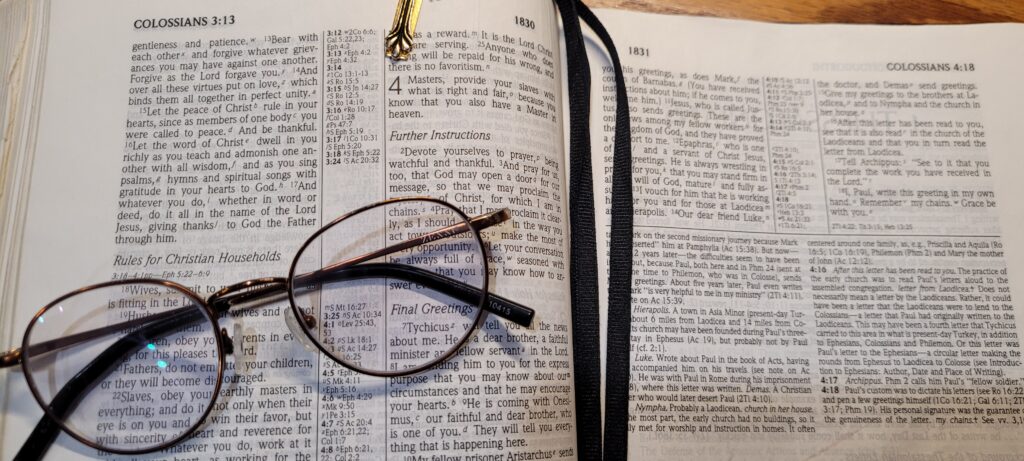John 6:35 Then Jesus declared, “I am the bread of life. He who comes to me will never go hungry, and he who believes in me will never be thirsty.
When Jesus called Himself the Bread of Life, the people listening had a hard time believing what He was saying. They were grumbling and saying, “This guy was born in Bethlehem. We know his parents. How can He claim to have ‘come down from heaven?’ And if He didn’t come down from heaven, why should we believe anything He says?”
It sounds like a valid objection. They were questioning the identity of Jesus, but they understood exactly what He was claiming. By saying He had come down from heaven, He was laying claim to being God. And that was just too much for His listeners to swallow.
Jesus answers their objections. He begins by saying No one can come to me unless the Father who sent me draws him, and then he adds `They will all be taught by God.’ Everyone who listens to the Father and learns from him comes to me (John 6:44-45). Jesus had come from the Father to do the Father’s will and make Him known to mankind in an understandable way. But this understanding is not accomplished by human effort. This understanding comes from God Himself doing the teaching. God shows us and tells us and reveals to us who He is. Luther wrote about it this way: I believe that I cannot, by my own reason or strength, believe in Jesus Christ, my Lord, or come to Him. And that is the same thought the Apostle Paul was trying to convey while writing under inspiration: No one can say ‘Jesus is Lord,’ except by the Holy Spirit. (1 Cor. 12:3) God draws us to Himself and enables us to believe.
This one who was sent from the Father says that He was sent for a reason: to do the Father’s Will.
John 6:38-40 For I have come down from heaven not to do my will but to do the will of him who sent me. And this is the will of him who sent me, that I shall lose none of all that he has given me, but raise them up at the last day. For my Father’s will is that everyone who looks to the Son and believes in him shall have eternal life, and I will raise him up at the last day.”
Jesus’ words here sound very much like the prayer He offered in Gethsemane: “Not my will, but thine.” And that is what He did. He accomplished His mission. He took upon Himself our disobedience, our corruption, our shame, our guilt, every bit of our sin, and paid its cost. He died in our place. That was the will of the Father. Jesus died so that we could live. Looking to Him in faith, we have eternal life. The thought that believers in Christ will be raised to eternal life is mentioned repeatedly in John 6. It is stated this way in v. 47: I tell you the truth, he who believes has everlasting life. It is a done deal, an accomplished fact, it has already begun.

